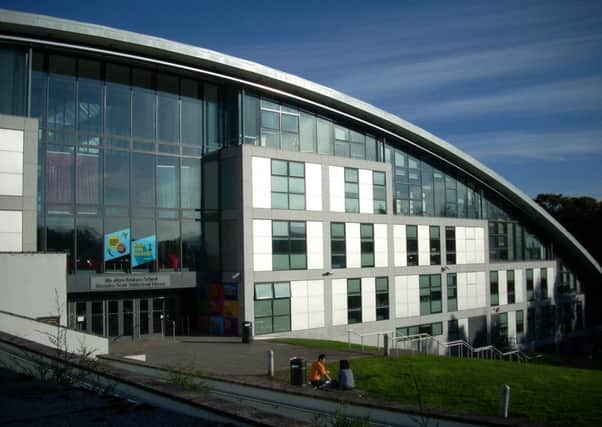Experts in academia assess impact on the '¨'˜real world'


Events last week reminded us that this view can be found in Westminster, when Glyn Davies MP unleashed a Twitterstorm (#realworldacademic) with his tweets: “Nothing more irritating than academics rubbishing the efforts of those operating at the sharp end, without facing up to the hard decisions”, followed by “Personally I never thought of academics as ‘experts’. No experience of the real world’.”
This concern also underpins various policy initiatives to evaluate research. It has informed the Research Councils’ (RCUK) introduction of research impact as a measure of the quality of funding bids. Equally, the UK’s current approach to evaluating university research, the Research Excellence Framework (REF), now involves a requirement for institutions to demonstrate the impact of their research through case studies. All of this has meant that impact on practice today features very highly in academics’ research plans.
Advertisement
Hide AdAdvertisement
Hide AdA study carried out in 2015 explored how senior academics retrospectively evidenced their impact and plan to deliver impact in the future. Although many regarded the process as “game playing”, they had all successfully assembled evidence. A current study is gathering data from early and mid-career researchers about impact as part of their personal research and this group generally manifest a different response. While they feel there is a lack of understanding of how to achieve impact, they all spoke passionately about making a difference and improving lives.
The mood in academe has changed: academics today play a key role as knowledge transfer “agents”: teaching students; preparing them for the business/real world; supporting them on placements; and helping them to take their learning into the workplace. As academics we have developed and built on areas of specialist expertise that we take out into the “real world” in various ways, through our teaching, through consultancy and through research projects – and each of these offers us a different lens through which to view our research problems.
Some of the most valuable and rewarding projects we undertake as researchers involve interaction with business, through partnership and collaboration, benefitting both academic and practitioner. We have evidence from our projects that this knowledge transfer work is appreciated by real world businesses. In the Talent Exchange project, we work in partnership with three membership organisations, the Federation of Small Businesses (FSB), Aberdeen and Grampian Chamber of Commerce and the Scottish Council for Development of Industry (SCDI) to build a new model of engaging small businesses with the university, increasing opportunities for knowledge exchange through projects between students and small business. In total we delivered almost 400 additional SME engagements, despite general belief that the SME sector is particularly hard to reach. From our feedback from SMEs and project partners, we are able to demonstrate the “so what?”:
A second RGU project alongside Strathclyde University, SCOTGRAD, in partnership with Scottish Enterprise and Highlands and Islands Enterprise, delivered business development and enterprise training to graduates employed in work placements in SMEs and social enterprises across Scotland. These placements were designed to stimulate business growth and foster innovation, with the graduates applying their learning to SMEs’ challenges. Over 600 graduates participated and the project results show that increased numbers of graduates have, as a result, been recruited by SMEs; business growth has been expedited; and SME sustainability has been supported.
As academics we often struggle to get our messages out to the media, to professional bodies, to policy makers and business leaders. We encounter the “so what?” phenomenon – and ultimately this is a useful reminder of the need to articulate clearly how and why our research is important.
Ultimately academics have a difficult balancing act: to carry out research with real world significance while ensuring research is not influenced by the worries of the day. Life’s problems are not simple and, sadly, often too little rigour, science or expertise is involved in attempted solution.
Professor Rita Marcella, Professor of Information Management, School of Creative and Cultural Business, Robert Gordon University
Professor Heather Fulford, Aberdeen Business School, Robert Gordon University